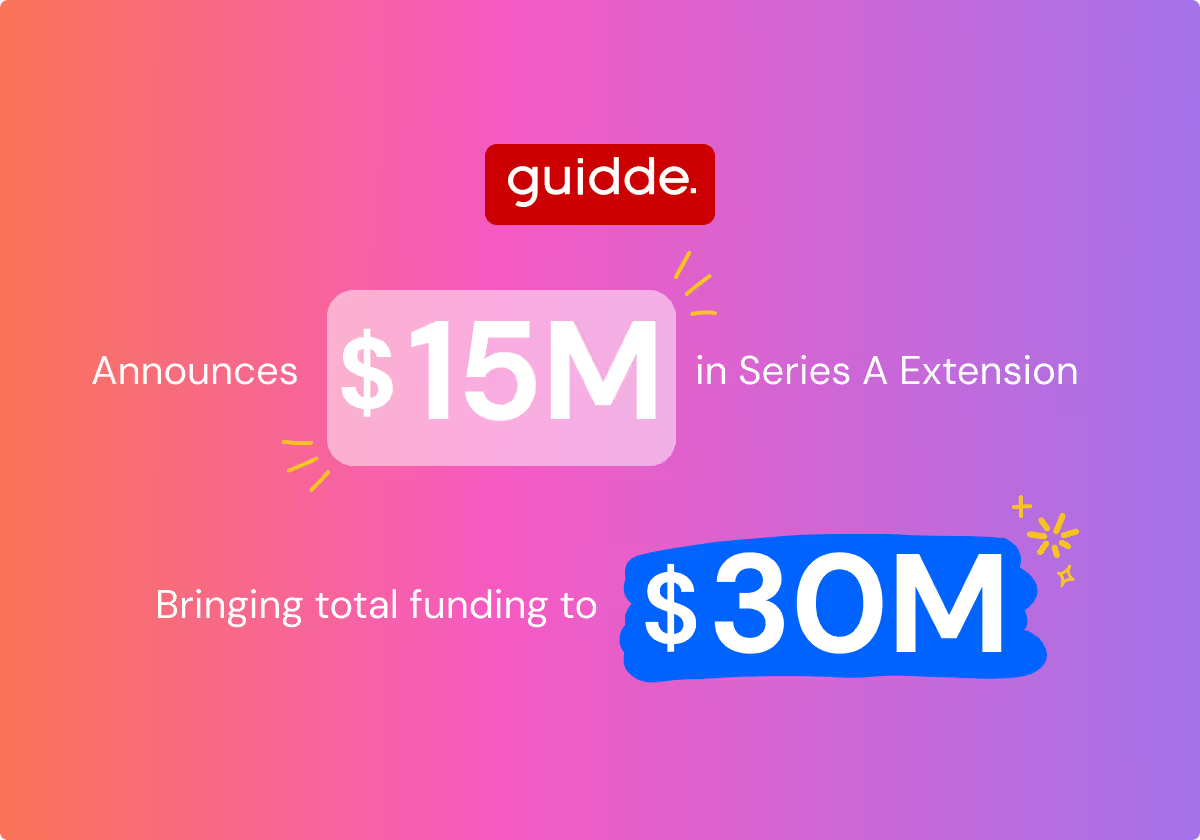

If you don't remember learning, you forget
It’s much easier to forget than it is to learn
I recently bumped into this thought provoking tweet from John Cutler at Amplitude, about how organizations forget and why it correlates with the pressure to grow and scale.
When an organization reaches a certain size and is - by definition - looking to grow, it needs to introduce operational efficiencies, which in turn, drive specialization, more rigid boundaries, more siloes, increased attrition and ultimately knowledge loss.

Having spent quite a few years in startups by now, and as I joined several of them in very early stages (seed or round A) I can also testify that this process happens very quickly. As a member of various leadership teams, in startups operating globally, it’s been fascinating to see how organizations of well under 100 people already struggle with the topic of transferring knowledge between departments, geographies, product lines , not to mention externally to their partners and customers. In a way, one could say it’s almost natural for companies to forget.
Given the nature of my role (Marketing) I’ve always been very sensitive to the challenge of sharing knowledge, training and enablement processes. Marketers sit at this very unique junction where they need to know everything an organization is developing product-wise, in order to translate it into business benefits, value propositions, positioning, messaging, employer branding and many more in order to promote the company and its offering to a large number of stakeholders inside and outside of the business.
Apps make the world go ‘round
But marketers are obviously not the only ones who struggle, when it comes to knowledge transfer. Moreover, in recent years, this challenge has accelerated. With cloudification and IT budgets moving to the business, the number of applications organizations use has exploded. As exposed in the 2021 Business at Work report [1], the average number of app used per company in many industries has crossed the 100 mark in 2020. Some 10% of organizations even use over 200 applications.

The future of work is very likely to be dynamic. This translates to a global workforce, in widely distributed locations, working wherever and whenever they want.
Gartner predicts "48% of employees at large enterprises will work remotely at least some of the time after the pandemic, a significant increase over the 30% of employees who worked remotely at least some of the time prior to the pandemic.”
In this new normal, the challenge of upskilling and sharing knowledge is higher than ever. How to onboard new employees remotely? How to train your teams when they constantly need to adopt new technologies and tools in order to perform their work? It’s an up-hill battle and workers’ are increasingly frustrated with this catch-up game.
So although apps make the world go ‘round (their proliferation is supposed to be making companies more efficient) it’s important they don’t end up making the world go ‘round... in circles! Therefore, organizations need to rethink onboarding, training and coaching processes. They need to balance between establishing processes and methodologies, enforcing policies and procedures, enabling their staff, while increasing the feeling of belonging and engagement.
Infusing tea in cold water does work
In the past, our working environment was warm. We were all co-located most of the time and we often used to ask our colleagues how to do tasks we couldn’t figure out how to complete. It is in our human nature to lean on our peers in order to seek help. Back then, knowledge was like a tea bag steeping in hot water… It infused and spread naturally, building organizational knowledge and culture along the way.

These natural and informal behaviours can’t happen any longer in a remote and distributed environment. Remote working has made these types of interactions much more difficult. Due to less communication internally and bridges not forming between multiple groups in the organization, knowledge doesn’t spillover between silos anymore.This is made even more challenging when teams are spread across multiple time zones.
Does it mean we can’t drink tea any more? Certainly not! The issue is not with the tea bag.
But organizations do need to acknowledge the fact that:
- The water has gone cold or at least luke-warm - most of us don’t see themselves going back to 100% working from the office
- The amount of tea organizations need to drink to remain productive is massive - app proliferation requires workers to constantly learn
- Our expectations as we drink tea have changed - if in the past we could set aside some dedicated time to learning (tea-time, anyone?), this is no longer the case. No time to write walk-throughs or read manuals either... learning now happens on the go, frequently and in bite-sized formats.
Organizations learn and or forget through people, processes and technology activation
Following collaboration features (E.g. G-suite comments) that have been around for a while, or more recently tools such as Miro, the pandemic has pushed us into the virtual meetings era, with endless Zoom meetings and the fatigue that goes along. While very helpful punctually, these tools have a major downside: they lack context. Once you’ve used them for a specific task, they’re unlikely to be used again. Who hasn’t wasted time looking for the recording of that great training session their Head of Business Operations gave 6 weeks ago, or for that Slack message sent in who knows which channel (or was it an email!?)
The ideal way to learn, engage workers and continuously activate technology is to combine contextual and on-demand knowledge with easy to create and digest video formats. That’s exactly what Guidde is about. It enables businesses to come up with their own organizational memory model and processes, based on:
- Decentralized and video-based (but camera-free) knowledge creation
- Borderless and asynchronous knowledge sharing
- In-the-flow-of- work on-app knowledge consumption
- Two-way communication so that knowledge can be requested, not only offered
- Analytics to understand usage, needs, behaviors and more…
If you want to learn more about Guidde, visit our website: guidde.com and simply try it for yourself, it’s free! .









